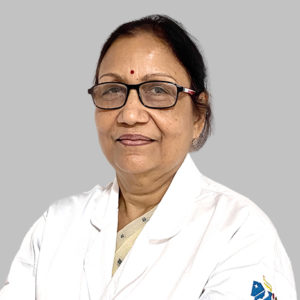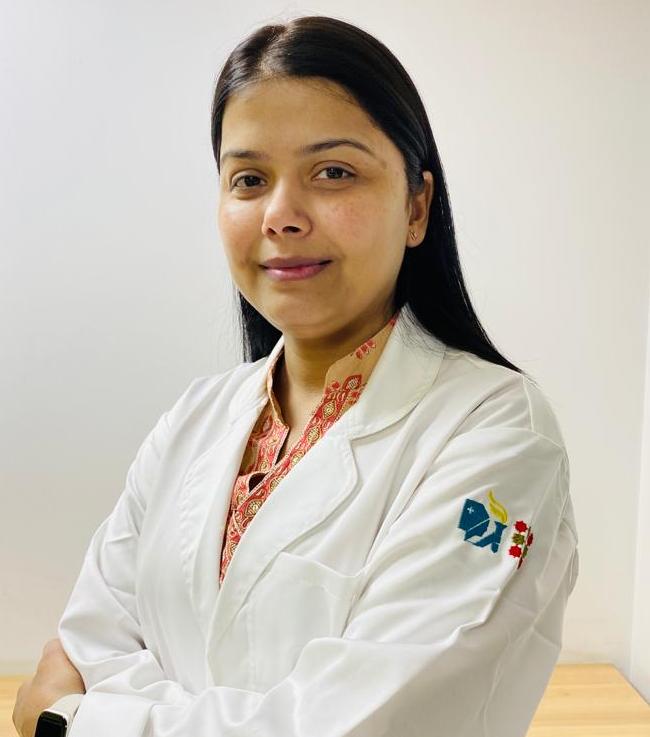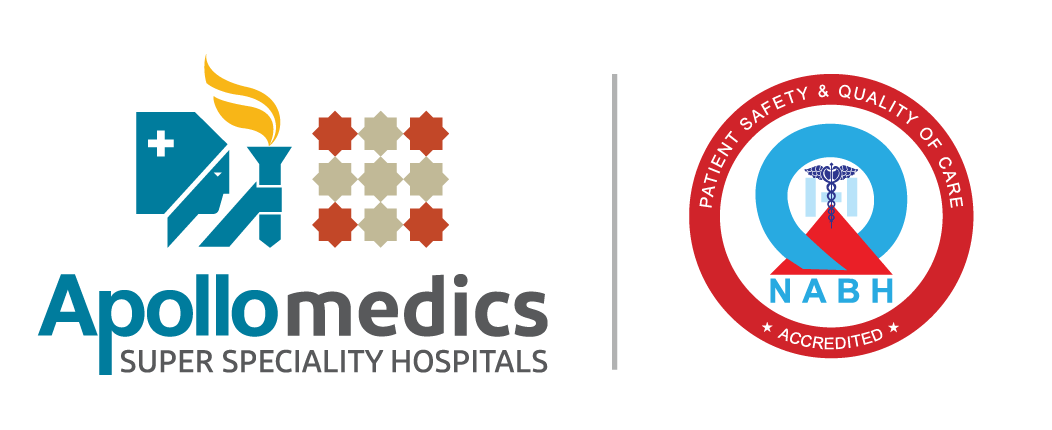Overview
For patients with acute and chronic blood problems, our haematologists provide the finest treatment options. For a variety of blood illnesses, bone marrow transplantation, also known as stem cell transplantation, is frequently the only therapeutic alternative.
Why is Bone Marrow Transplant Done
Hematopoietic stem cells are found in the bone marrow. They develop into:
- Red blood cells transport oxygen throughout your body.
- White blood cells are cells that aid in the immune system’s function.
- Platelets, which let your blood clot.
- In many diseases either the hematopoietic stem cells are reduced in number or function or are replaced by cancer cells.
A Bone Marrow Transplant can help with
- Replace stem cells that have been killed by cancer treatment.
- Replace damaged marrow that is incapable of producing its own stem cells.
- Donor cells can aid in the detection and elimination of cancer cells.
If you have any of the following conditions, you may need a transplant
- Thalassemia, Sickle cell anemia
- Fanconi anaemia and other inherited bone marrow failure syndromes (IBMFS)
- Pure red cell aplasia
- Immunodeficiency disorders
- Inborn errors of metabolism
- Myelodysplastic syndrome(MDS)
- Leukaemia, whether acute or chronic
- Lymphoma
- Multiple myeloma and other Plasma cell disorders
- Aplastic anaemia
- Primary Amyloidosis
- Myelofibrosis
- Neuroblastoma
- Sarcoma
- Lupus, for example, is an autoimmune disease.
Types of Bone Marrow Transplant
Bone marrow transplants can be divided into two categories:
Autologous. While you are receiving cancer therapy, your medical team takes stem cells from your own marrow or blood and preserves them. The stem cells are then injected into your bloodstream after giving a high dose of chemotherapy to eradicate the remaining cancer cells. The stem cells then move to your bone marrow and multiply, assisting it in regenerating healthy stem cells.
Allogeneic. You receive stem cells from a person whose bone marrow closely matches yours after cancer treatment. It might be a close relative, such as a parent or sibling, or someone from a national donor registry. A syngeneic transplant occurs when the donor is an identical sibling with the same tissue type as you. Doctors can also extract stem cells from a newborn’s umbilical cord blood.
A Bone Marrow Transplant and Pediatric Hemato-Oncology
A range of blood diseases and malignant situations can affect children. Fortunately, the incidence of cancer in children is far lower than in adults, and the cure rates are much greater. In absolute terms, however, the severity of the problem is significant; over 75,000 children in India are diagnosed with cancer each year.
Children’s ailments and treatments differ significantly from those encountered in adults, particularly cancer. As a result, sick children with cancer require and deserve specialist care from paediatricians who have been particularly trained to care for them. Our institution is one of only a few in India that can treat all types of childhood malignancies. We have a team of internationally qualified pediatric hemato-oncologists that have extensive experience diagnosing and treating rare childhood malignancies and blood problems.
Services
Inpatient and outpatient cancer care: A dedicated oncology ward and chemotherapy day-care are staffed by qualified cancer specialists who are familiar with chemotherapy administration and central venous access device management. Our oncology team have a lot of expertise with these small beings and know how to treat them with the highest love and care.
Multidisciplinary cancer care: Many children’s tumors necessitate multidisciplinary cancer care from a variety of specialists. We provide multidisciplinary treatment at Apollo Hospitals Lucknow with specialist radiation oncologists and pediatric surgical oncologists for young children so that cancer treatment is planned with special care to avoid short and long-term negative effects while delivering the proper intensity of treatment to cure them.
Bone Marrow Transplantation Unit: One of our hospital’s assets is a state-of-the-art bone marrow transplant unit, which assists us in serving children for whom bone marrow transplant is the only cure. Immunodeficiencies, thalassemia, sickle cell disease, aplastic anaemia, and leukaemias have all been treated using our unit. For children who are unable to identify a suitable family donor, we work closely with national and international donor registries to secure the best available donors (Matched Unrelated Transplants).
WHY CHOOSE APOLLOMEDICS
Apollomedics Institute of Haematology & Bone Marrow Transplant is open 24×7 round the clock with trauma and emergency services available, as well as highly skilled doctors and the top Haemato Oncologist in Lucknow to handle any condition. Under one roof, our finest Haemato-oncologists in Lucknow execute the greatest and most modern operations and bone marrow transplants.
- State-of-the-art technology equipment
- 24×7 Emergency & Trauma
- Chemotherapy suite
- Blood Bank Unit
- Hematopathology
Frequently Asked Questions
When the new stem cells enter your body, they travel through your blood to your bone marrow. In time, they multiply and begin to make new, healthy blood cells. This is called engraftment. It usually takes several weeks before the number of blood cells in your body starts to return to normal. In some people, it may take longer.
In the days and weeks after your bone marrow transplant, you’ll have blood tests and other tests to monitor your condition. You may need medicine to manage complications, such as nausea and diarrhoea.
After your bone marrow transplant, you’ll remain under close medical care. If you’re experiencing infections or other complications, you may need to stay in the hospital for several days or sometimes longer. Depending on the type of transplant and the risk of complications, you’ll need to remain near the hospital for several weeks to months to allow close monitoring.
You may also need periodic transfusions of red blood cells and platelets until your bone marrow begins producing enough of those cells on its own.
You may be at greater risk of infections or other complications for months to years after your transplant. You’ll have periodic lifelong follow-up appointments with your doctor to monitor for late complications.
A bone marrow transplant poses numerous risks. Some people experience minimal problems with a bone marrow transplant, while others can have serious complications that require treatment or hospitalization. Sometimes, complications are life-threatening.
Your risks depend on many factors, including the disease or condition that caused you to need a transplant, the type of transplant, and your age and overall health. Possible complications from a bone marrow transplant include Graft, Failure, Organ, Damage, Infections Cataracts Infertility New cancers.
Death, Your doctor can explain your risk of complications from a bone marrow transplant. Together you can weigh the risks and benefits to decide whether a bone marrow transplant is right for you.
Please contact our 24×7 Helpline: 8429021812 or 8429029838.
Doctor’s Profile

Prof. (Dr) Archana Kumar

Dr. Priyanka Chauhan




